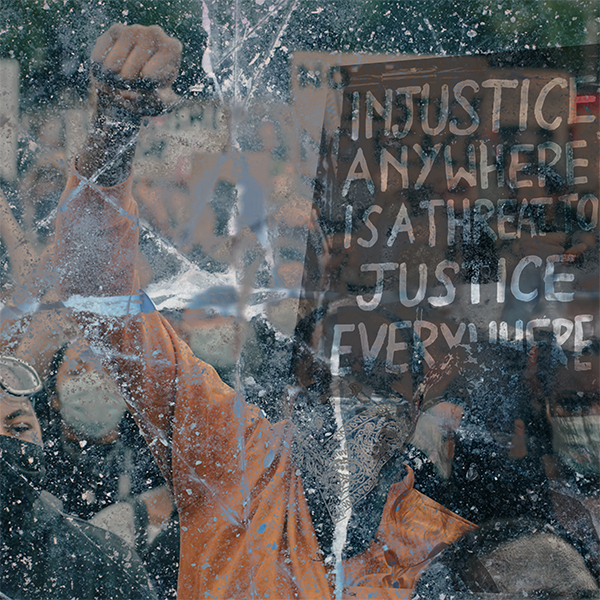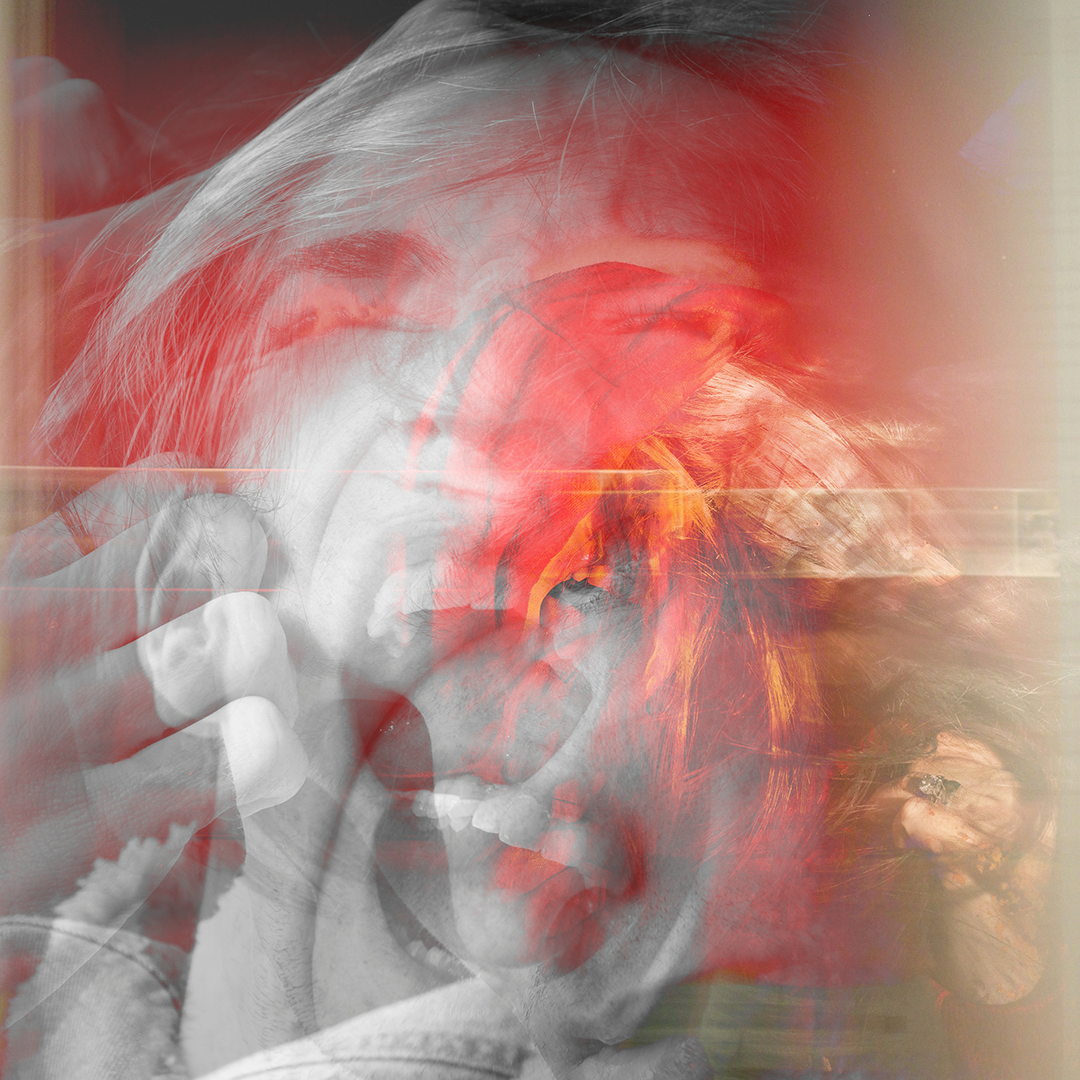A Trinitarian Vision of Spiritual Transformation
One of the most common reasons I have heard concerning why non-Christian people choose not to join us for worship on Sunday morning is hypocrisy.
Why would I go to church when that church is full of a bunch of hypocrites?
Too often, this criticism is spot on.
In following Jesus, we are supposed to become more like Jesus. The great promise that “all things work together for good” (Romans 8:28) is given to those who are called accorded to God’s purpose, which is “to be conformed to the image of his Son” (Romans 8:29).
If we are serious about Jesus and Jesus’ mission to make disciples, then we need a spirituality undergirding our discipleship.
We call such a spirituality spiritual transformation. Paul writes:
And we all, with unveiled face, behold the glory of the Lord, are being transformed into the same image from one degree of glory to another. For this comes from the Lord who is the Spirit. (2 Corinthians 3:18 ESV)
We are being transformed. We are changing. We are experiencing metamorphosis. Much like an inchworm that trades his sad, slow, linear existence for the constriction of a cocoon before transforming into a butterfly, we are being transformed to look like Jesus.
At least, we are supposed to look like Jesus.
We are supposed to be a living reminder of Jesus, but sadly we are too often a living reminder of the brokenness of our world. Too often instead of reflecting the image of our creator into all creation, we are reflecting a shattered and incomplete image. All of the research that has been done over the years reveals that Christians are, by and large, not like the Christ we follow.
All of the research that has been done over the years reveals that Christians are, by and large, not like the Christ we follow. This might be the reason why... Share on XIn a 2013 research project, the Barna Group determined that 51% of self-identifying Christians tended to have attitudes and actions that are characterized by self-righteousness. Only 14% of self-identified Christians demonstrated actions and attitudes consistent with those of Jesus. [1]
Not to be cynical, but if you spend any amount of time around the church, you know this is true. While we are supposed to be a reflection of Jesus, we tend to reflect the assumed values of the culture around us. We need a renewed vision of spiritual transformation rooted in the historic Christian tradition.
We need a vision of transformation rooted in the Trinity.
The doctrine of the Trinity is how Christians talk about God. We believe in one God revealed in three persons: the Father, Son, and Holy Spirit. Our understanding of God is the foundation of our faith.
Spiritual transformation is the work of the Holy Spirit to transform us into the image of Jesus for the joy of God the Father. The Spirit does this work in the context of Christian community as we walk along spiritual pathways.
The Work of the Spirit
The sin of our secular age is the sin of self-sufficiency. And too often, what we call “spiritual transformation” or “spiritual formation” is really nothing more than weak attempts at Christianized self-help. The Christian life is not a matter of willpower, but a willingness to open to the Spirit’s power.
What makes transformation spiritual is the activity of the Holy Spirit.
We do not change ourselvese. We are being transformed by the Holy Spirit. Transformation comes from the Lord who is the Spirit. The Holy Spirit is like a master sculptor with hammer and chisel in hand, chipping away everything from our lives that doesn’t look like Jesus.
The Christian life is not a matter of willpower, but a willingness to open to the Spirit’s power. Share on XThe Image of Jesus
If the Spirit is the artist, then Jesus is the model. Jesus is not only fully God, the second person of the Trinity. Jesus is also fully man, the prototype of what we are to become.
If we want to know what God is like, we look at Jesus. If we want to know what humanity is supposed to be like, we look at Jesus. Becoming like Jesus doesn’t diminish our uniqueness. We come to find that as we are becoming more like Jesus, we are becoming unique expressions of the image of Christ.
The Spirit uses our uniqueness, as well as our mistakes, to shape us. The Spirit is changing us to have the mind of Jesus, the heart of Jesus, the motivation of Jesus, and the actions of Jesus.
The Joy of God the Father
We are ultimately being transformed for the joy of God the Father, not merely for our own benefit. God the Father loves God the Son, and never is this love on display in clearer terms than at the baptism of Jesus.
As Jesus emerges from the water and the Spirit descends like a dove, we hear God the Father proclaim: “This is my beloved Son, in whom I am well pleased.” Every time the Father sees the image of his Son being formed in the hearts of people, he exclaims: “There is the Son I love, and he makes me happy!”
As Jesus is formed more and more in our hearts, God the Father cannot contain his joy. He bursts forth with delight over his sons and daughters becoming more like Jesus.
The Context of Christian Community
Merely attending a church gathering doesn’t change us, but it does put us in the place where we can be changed. When we engage in community, we repent of the sin of self-sufficiency. The Spirit works through the people we worship with to form us into the image of Jesus.
The beauty of Christian community is that we not only gather together with our friends, but we also gather together with people we would not normally associate with. In other words, we will often go to church with people who drive us crazy, and that is good for our formation into Christ-likeness. Learning to love those who are not like us is integral to becoming more like Jesus.
Learning to love those who are not like us is integral to becoming more like Jesus. Share on XSpiritual Pathways
The Spirit transforms us as we gather in Christian community and as we walk down well-worn trails walked by countless brothers and sisters in Christ who have gone before us, pathways like prayer, Scripture, contemplation, silence, solitude, fasting, and worship.
The root of all spiritual pathways is prayer. Just like community, prayer does not change us, but prayer puts us in a place where we can be changed. Prayer carves out moments in our day to make space for God. Prayer causes us to grow in our awareness of God.
To be transformed into Christ’s likeness, we need to learn to pray with the saints of old. We need prayer books and prayer liturgies. We need to memorize prayers that can keep us from turning prayer into a non-stop plea for God to give us what we want. We should certainly make our request known to God, but prayer is so much more than that.
Learn prayers like the Jesus Prayer: Lord Jesus Christ, Son of God, have mercy on me.
Walk down sacred pathways of the great tradition within the context of Christian community and watch as the Spirit transforms you into the image of Jesus for the joy of God the Father.
______________________________________________________
[1] https://www.barna.com/research/christians-more-like-jesus-or-pharisees/


